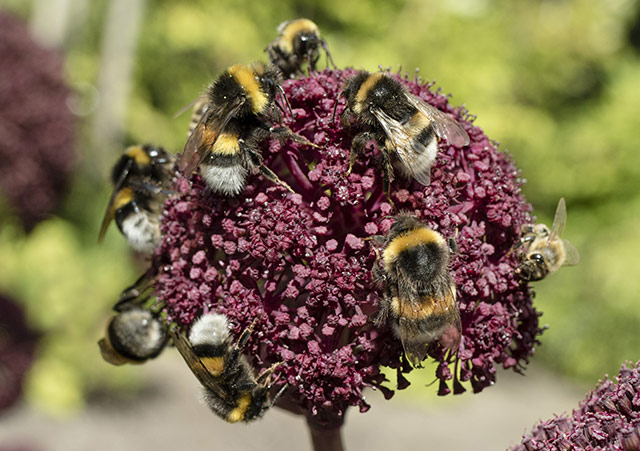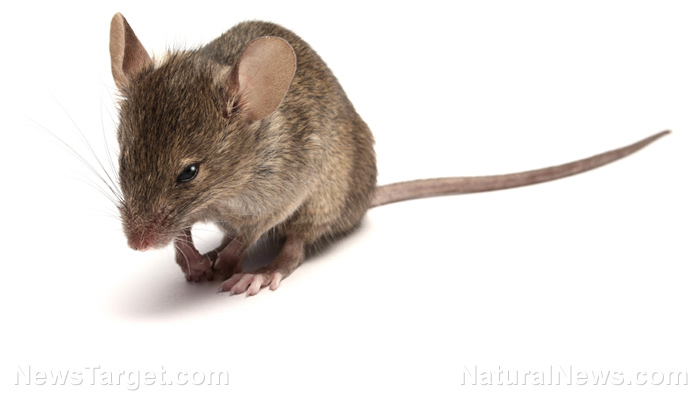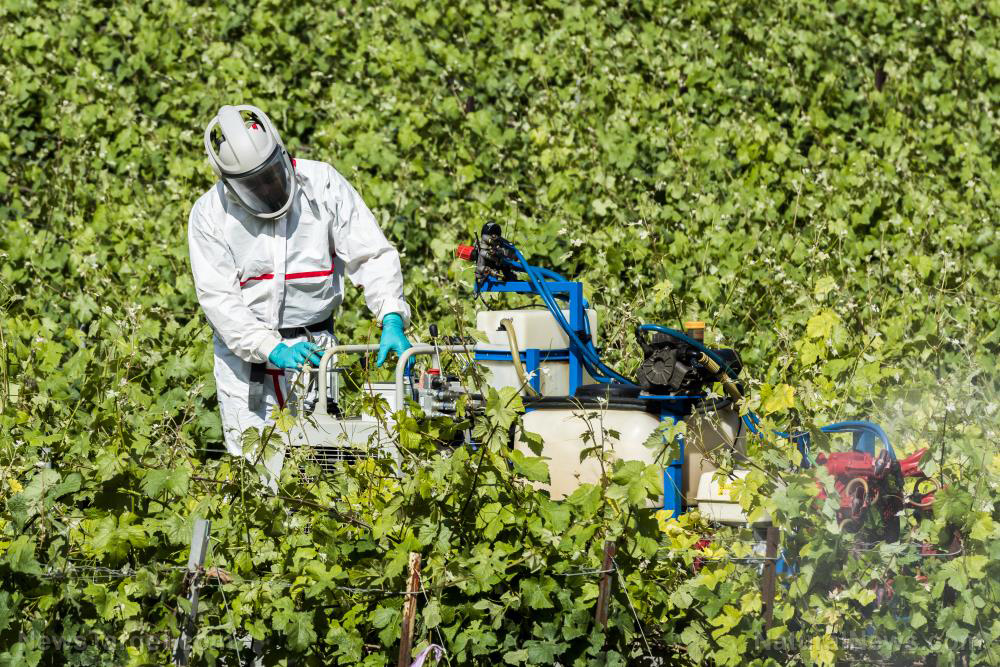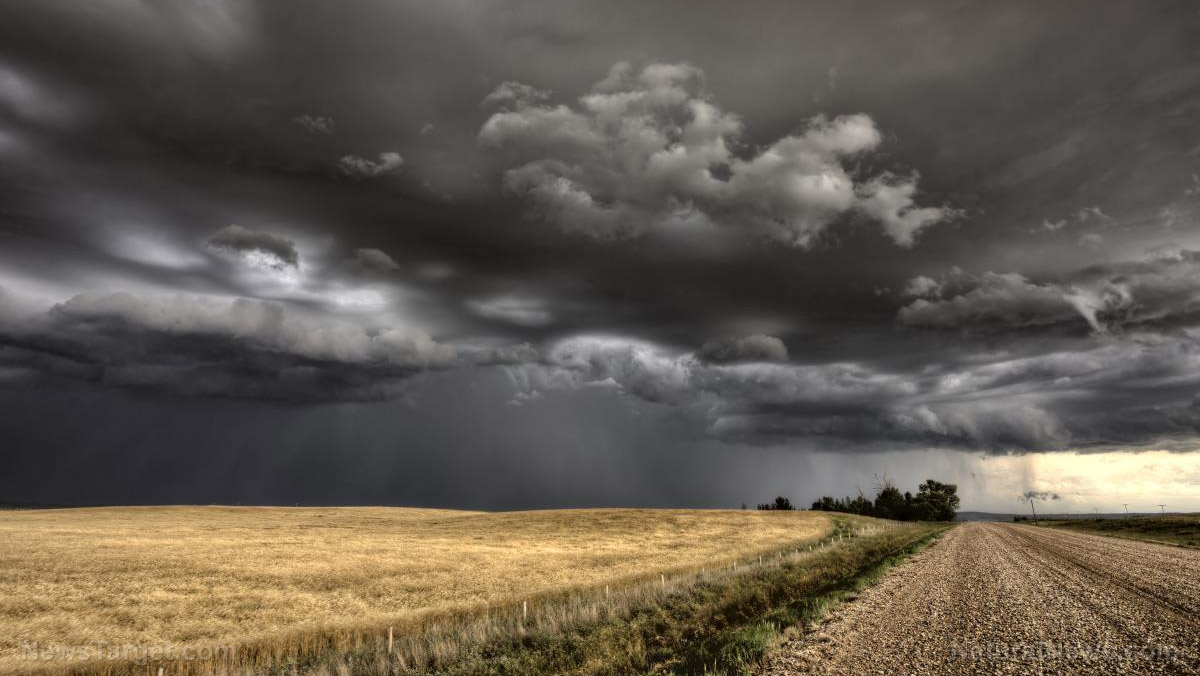
Advertisement
Nothing epitomizes a warm, sunny day like the sound of bees buzzing peacefully from plant to plant in the garden. These little creatures do far more than provide us with delicious honey, however. Without bees and other pollinators, humans and other animals would cease to exist on our planet.
The renowned poet Maurice Maeterlinck warned in his book, The Life of the Bee:
If the bee disappeared off the face of the earth, man would only have four years left to live.
With bees and other insects dying off at an alarming rate, if something drastic is not done soon, humans could be wiped off the face of the earth. (Related: Wild bees, butterflies and other pollinators are on the path to extinction if we don’t stop poisoning them.)
Is it climate change?
As reported by The Big Wobble, a study published recently in the journal Science claims that the massive decline in bumble bee numbers is all down to the usual suspect: climate change. The authors note:
One aspect of climate change is an increasing number of days with extreme heat. Soroye et al. analyzed a large dataset of bumble bee occurrences across North America and Europe and found that an increasing frequency of unusually hot days is increasing local extinction rates … .
We have certainly been experiencing some extreme weather recently, but the science is far from conclusive that man-made global warming even exists. After all, we have had massive fluctuations in temperature since the beginning of time, and the bees and other insects are still here.
What is for sure is that bees and other pollinators are being wiped out at an alarming rate, despite the causes being well-known. World governments have simply chosen to look away and ignore the problem. (Related: Systemic pesticides are penetrating deep into plants tissues, destroying beetles, trees, bees, and human hormones.)
What is really wiping out the insects?
As reported by The Guardian, the planet’s insects are racing down the road to extinction:
More than 40% of insect species are declining and a third are endangered, the analysis found. The rate of extinction is eight times faster than that of mammals, birds and reptiles. The total mass of insects is falling by a precipitous 2.5% a year, according to the best data available, suggesting they could vanish within a century. [Emphasis added]
Based on Maeterlinck’s hypothesis, the human race would be extinct four years later.
A scientific review of 73 historical reports, published in the journal Biological Conservation, found that insect biodiversity is under threat across the globe.
The scientists found what the vast majority of studies have found, namely that the main drivers of species declines are:
- Habitat losses caused by urbanization and intensive farming practices
- Pollution, in particular, the damage caused by chemical pesticides and fertilizers, and
- Biological factors like pathogens
Insects are not the only species in deep trouble. Huge losses have also been experienced in many other animal types. The declines in insect numbers are particularly concerning, however, because without them all ecosystems would collapse and the food supply of both animals and humans would disappear.
The study’s authors issued a grave warning that we would all do well to take note of:
“Unless we change our ways of producing food, insects as a whole will go down the path of extinction in a few decades. The repercussions this will have for the planet’s ecosystems are catastrophic to say the least.”
Learn more about the threat of human and animal extinction at Extinction.news.
Sources for this article include:
Advertisement
Advertisements
















